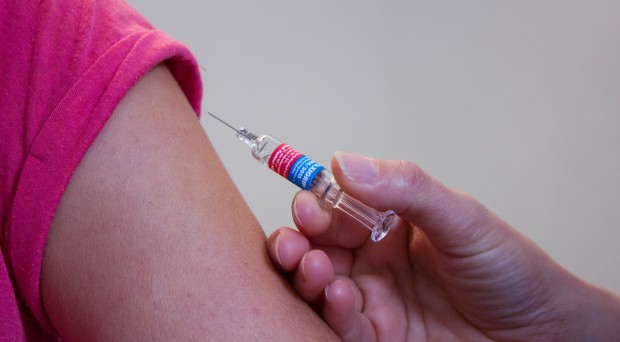
A public health concern
Zika virus has been identified for the past several decades in African and Asian regions; however large-scale epidemics have only been reported in the past decade. While some do not get sick, most people who contract the virus experience fever, rash and joint pain that lasts for a few days.
In addition, the possible association of Zika with malformations in infants is particularly alarming, as the consequences are severe and long-lasting.
The main public health concern of Zika virus infections is an association between the virus and birth defects stems from reports on markedly increased cases of infants with unusually small heads (microencephaly) and a poorly-understood immune disorder (Guillain-barre syndrome).
The increase of microencephaly cases coincide with a surge in Zika virus infections in Brazil.
The increase of microencephaly cases coincide with a surge in Zika virus infections in Brazil. Recent studies have also confirmed presence of the virus in amniotic fluids from pregnant women carrying fetus with microencephaly, and evidence of Zika virus in newborn babies and in the brain tissue of fetus.
Mosquito-borne viruses
Zika virus is related to other mosquito-borne viruses including dengue virus, Japanese Encephalitis virus, West Nile virus and Yellow Fever virus. While the vaccines for Japanese encephalitis virus and Yellow fever virus have been available for more than half a century, dengue vaccine is still undergoing clinical trials.
Because these mosquito-borne viruses are closely related, the induced immunity may cross-react with other viruses of the same flavivirus group. With dengue vaccine, vaccine development first started with vaccine derived from mouse brain approximately 70 years ago.
Because these mosquito-borne viruses are closely related, the induced immunity may cross-react with other viruses of the same flavivirus group.
An effective dengue vaccine must be able to elicit protective immunity to protect against all four dengue virus serotypes. However, cross-reactive immunity plays a competing role in dengue: in neutralizing levels, the immunity protects against disease but at immunity at non-neutralizing levels is associated with severe dengue.
As there are no reports of cross-reactivity with other flaviviruses leading to severe Zika virus infections, little is known on the consequences of these cross-reactive immunity.
For dengue, four different antigen components from each of the four serotypes are required to elicit an immune response to all of the four serotypes. For other flaviviruses that consist of a single serotype, ie Japanese encephalitis and Yellow fever, vaccines have largely contributed to disease control in various regions of the world.
There is no vaccine for Zika, but unlike dengue, there is only one serotype for Zika virus. This may imply that the vaccination strategy for Zika may be less complicated in comparison to dengue.
There is no vaccine for Zika, but unlike dengue, there is only one serotype for Zika virus. This may imply that the vaccination strategy for Zika may be less complicated in comparison to dengue.
Despite this, there are lesser information on Zika in many aspects. And as with dengue, although neutralizing antibodies are considered central in disease protection, the levels of antibodies that offer protection to Zika needs to be determined to gauge how well a vaccine works in disease control.
A better understanding of Zika
Promising Zika vaccine candidates are currently being developed by National Institute of Allergy and Infectious Diseases, USA and Bharat Biotech, India.
The WHO also foresees large scale clinical trials on Zika vaccine within months. In comparison, Sanofi Pasteur has carried out about 20 years of research and clinical trials to develop a dengue vaccine that is currently approved for usage in Mexico.
In the event of this serious global threat, to further accelerate Zika vaccine and therapeutics development, we would need a better understanding on how the virus causes disease and how our immune system protects us from the disease, by leveraging on the strong research platforms of dengue, Japanese Encephalitis and other flavivirus diseases.
Comments